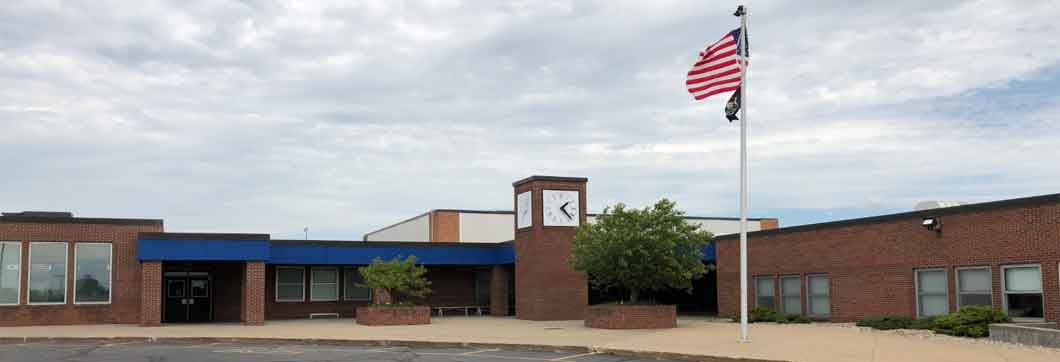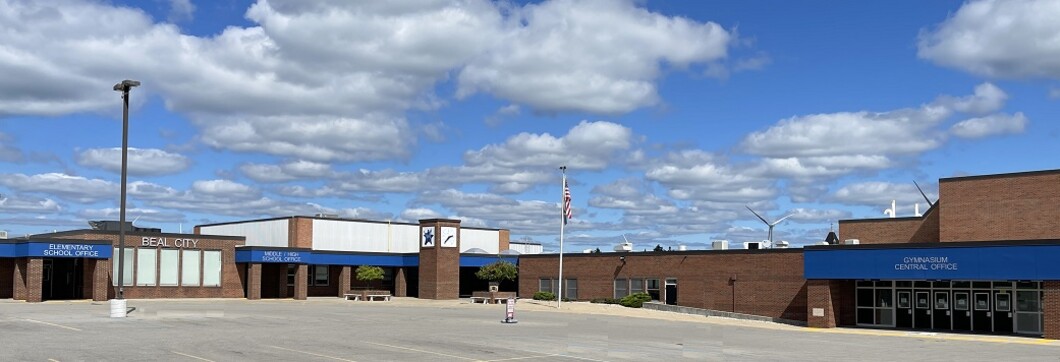Glossary of Special Education Terms
Accommodations Changes in curriculum or instruction that do not substantially modify the requirements of the class or alter the content standards or benchmarks. Accommodations are determined by the IEP Team and are documented in the student IEP Team report.
Adapted Physical Education A diversified program of developmental activities, games, sports, and rhythms suited to the interests, capabilities, and needs of children with disabilities who may not successfully engage in a regular physical education program.
Age of Majority/Transfer of Rights When a student with a disability reaches the age of 18, all rights accorded to a parent transfer to the student. The parent and student must be informed of the transfer of rights at least one year prior to the student’s 18th birthday.
Americans with Disabilities Act (ADA) Federal law requiring accommodations for people with disabilities in the community and workplace.
Assessment Testing or evaluation – including mental, social, psychological, physical, speech, occupational, vocational, or educational – done by school district personnel to gather information about a student.
Assistive Technology Device Any item, piece of equipment, or product that is used to increase, maintain, or improve functional capabilities of individuals with disabilities. Assistive technology needs are determined by the IEP Team.
Assistive Technology Service Any service that helps a student with a disability in the selection, acquisition, or use of an assistive technology device. This includes training with the device.
Attention Deficit Hyperactivity Disorder (ADHD) Persistent pattern of inattention and/or hyperactivity-impulsivity that is more frequent and severe than is typically observed in individuals at a comparable level of development, and that interferes with developmentally appropriate social/academic functioning.
Autism A developmental disability significantly affecting verbal and non-verbal communication and social interaction that adversely affects an individual’s educational performance.
Child Study Team/Student Support Team A multi-disciplinary team in schools that meets to support the needs of students with academic, social, and behavioral concerns. The focus of the team is to provide support to classroom teachers to implement accommodations/modifications so that students can be successful in general education.
Continuum of Service The range of supports and services that must be provided by a school district that allows students with disabilities to be provided a free, appropriate public education.
Due Process A procedure guaranteed by federal law for resolving disputes regarding special education services.
Early Childhood Special Education Special education and related services provided to children from birth to age seven.
Extended School Year Services Special education and related services provided to a qualified student with disabilities beyond the normal school year, in accordance with the student’s Individualized Education Plan, and at no cost to the parent. The need for Extended Services is determined by the student’s IEP Team.
Free Appropriate Public Education (FAPE) Special education and related services are provided to students with disabilities by the Local Education Agency (LEA) and Public School Academies (PSA) at public expense and under public supervision and direction at no cost to the student’s parents.
Family Educational Rights and Privacy Act (FERPA) A federal law which gives parents, and the student over 18 years of age, access to, and control over all education and school records.
Functional Behavior Assessment (FBA) A process of attempting to understand the purpose, motivation, and correlation of a problem behavior. The result of the process is the development of an appropriate behavior support and management plan.
Individual with Disabilities in Education Act (IDEA) The federal law that requires school districts to provide students with disabilities with a free appropriate public education at public expense. The act provides procedural safeguards and due process rights, as well as specific mandates regarding a free appropriate public education.
Independent Education Evaluation (IEE) Education evaluations of a student by an evaluator who does not regularly work for the school district. Parents who are not satisfied with the school district’s evaluation can request an IEE at public expense.
Individualized Education Program (IEP) The written plan that details the special education and related services that must be provided to each student who receives special education services. It must be reviewed and revised every year.
Individualized Family Service Plan (IFSP) A written plan for providing early intervention services to an eligible individual and to the individual’s family.
Intermediate School District (ISD) The Kent ISD provides technical assistance and support to the local school districts and public school academies within the county.
Local Education Agency (LEA) The school district that is directly responsible for providing special education services in a geographical area.
Least Restrictive Environment A federal mandate that, to the maximum extent appropriate, children with disabilities be educated with children who are not disabled.
Modification Changes in curriculum or instruction that substantially change the requirements of the class or substantially alter the content standards and benchmarks.
Multidisciplinary Evaluation Team (MET) An evaluation or recommendation of a student having a disability by a group of individuals from various appropriate professional disciplines, such as educators, psychologists, and physicians.
No Child Left Behind (NCLB) In January 8, 2002, President Bush signed NCLB into law. It is an education reform plan making changes to the Elementary and Secondary Education Act (ESEA). It is looking for stronger accountability for results, increased flexibility and local control, expanded options for parents, and emphasis on teaching methods.
Occupational Therapy (OT) A related service that focuses on the development of a student’s fine motor skills and/or the identification of adapted ways of accomplishing activities of daily living.
Office of Civil Rights (OCR) An agency with the U.S. Department of Education that enforces Section 504 of the Rehabilitation Act and Title II of the ADA. The OCR investigates allegations of discrimination based upon disability.
Parent Advisors for Special Education (PASE) Consists of parents of individuals with disabilities with at least one parent from each local education agency and one public school academy. The parent advisory committee may provide advisory input on any matters the committee deems appropriate to the improvement of special education services within the intermediate school district.
Related Service Services required to assist an individual with disabilities to benefit from special education, including, but not limited to, transportation, OT, PT, and medical care.
School Psychologist A trained professional who assists in the identification of needs regarding behavioral, social, emotional, educational, and vocational functioning of individuals.
School Social Worker A trained professional who supports the educational program of individuals by assisting in identification and assessment of the individual’s educational needs, including social, emotional, behavioral, and adaptive needs; the school social worker also provides intervention services.
Section 504 A section of the federal law called the Rehabilitation Act of 1973, which prohibits discrimination by any entity that accepts federal funds.
Special Education Specifically designed instruction, at no cost to the parents, to meet the unique needs of an eligible individual, including the specially designed instruction conducted in schools, in the home, in hospitals and institutions, and in other settings.
Speech-Language Pathologist A trained professional who analyzes speech and language comprehension and production to determine communication competencies and provides intervention strategies and services related to speech and language development, as well as disorders of language, voice, articulation, and fluency.
Transition Services A coordinated set of activities that promote movement from school to post-school education, vocational training, integrated employment (including supported employment), continuing and adult education, adult services, independent living, and community participation.
Transition goals are determined by the IEP Team beginning at age 14 and are based on student and family vision, preferences, and interests.






